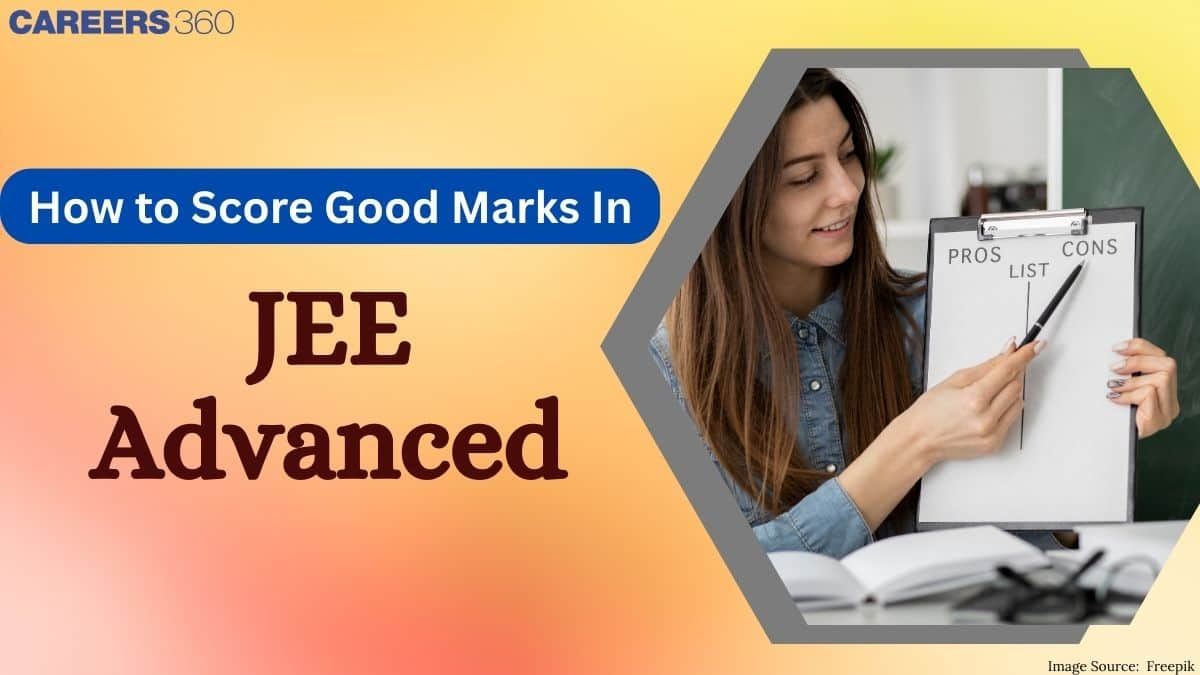How to Score Good Marks in JEE Advanced 2026?
1. Master the Syllabus with Conceptual Clarity
To be able to crack JEE Advanced 2026, you must go beyond memorizing formulas and truly understand the underlying concepts. Begin your preparation by carefully studying the official syllabus released by the conducting IIT. Break it down subject-wise and topic-wise, then prioritize based on weightage and your comfort level.
2. Solve Previous Year Papers and Understand Exam Pattern
One of the smartest ways to prepare is to solve at least the last 10 years of JEE Advanced question papers. This will give you insights into the difficulty level, types of questions, and recurring concepts. More importantly, solving real exam papers under timed conditions trains you to think like the examiners and recognize the level of depth required in your answers. After solving previous years paper, analyze your mistakes carefully—this helps in identifying conceptual gaps and improving your accuracy over time.
3. Solve Sample Paper
Attempting full-length mock tests at regular intervals is essential to build exam atmosphere, improve time management, and boost stamina. This will also help you understand JEE Advanced exam pattern Simulate actual exam conditions—sit in a quiet environment, set a timer for each paper, and avoid taking breaks in between. After each mock test, spend time reviewing not only the incorrect answers but also the questions you guessed or skipped. Create a test analysis sheet to track your weak topics and progressively improve with each test cycle.
4. Strengthen Problem-Solving Skills with Advanced Practice
JEE Advanced is known for its unpredictable and application-heavy problems that often involve multiple concepts. To tackle these, you must practice high-quality questions from reliable sources such as standard reference books (like HC Verma, Irodov, MS Chauhan, Cengage, and previous IIT materials). Focus on solving problems in different ways, not just getting the correct answer. Try to reconstruct the logic from scratch and challenge yourself to attempt questions you initially find difficult—this strengthens your analytical ability and builds confidence.
5. Stay Consistent, Avoid Burnout, and Track Your Progress
Consistency is more important to rank in JEE Main 2026. Build a daily routine that includes concept learning, problem-solving, revision, and test-taking. Equally important is taking short breaks, getting adequate sleep, and maintaining your physical and mental health. Avoid distractions like excessive screen time or peer comparisons. Keep a progress tracker to monitor how much syllabus you’ve completed, your test scores, and improvement areas. This keeps you motivated and helps you make data-driven adjustments to your preparation plan.

